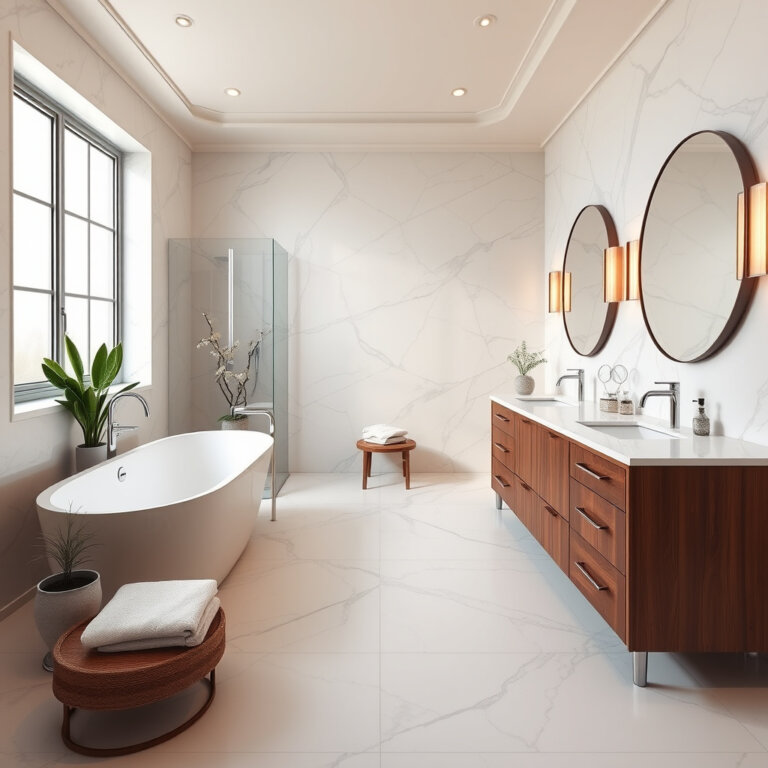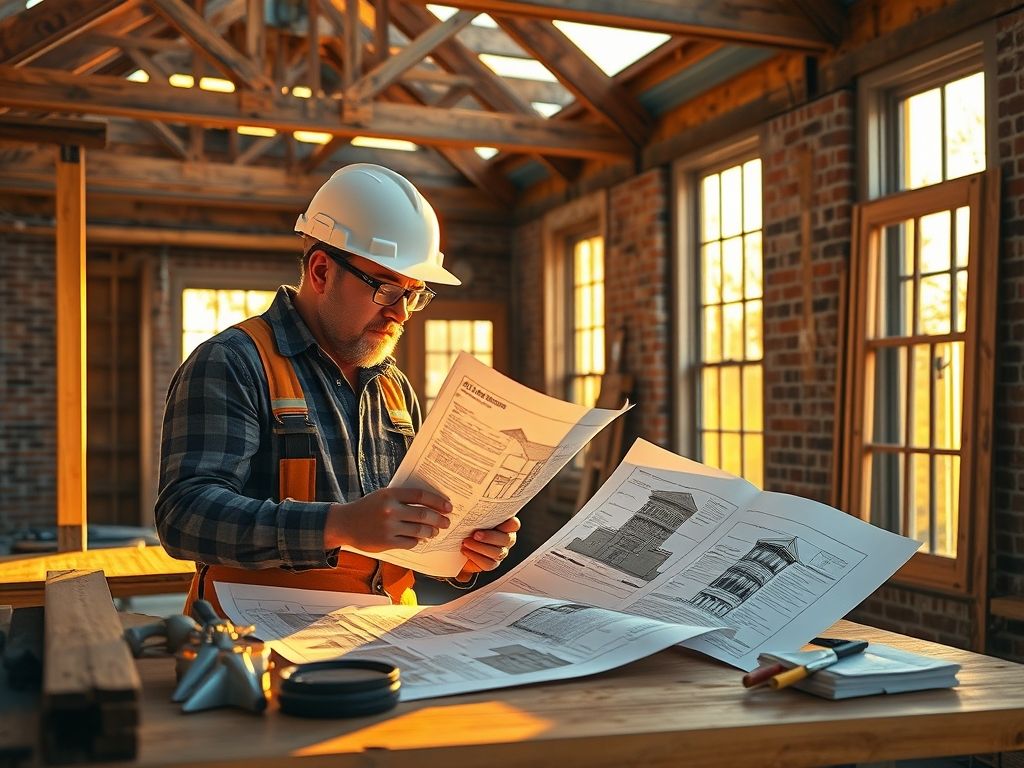What is Home Automation?
Home automation refers to the technology that allows homeowners to control various aspects of their home environment remotely or automatically. This encompasses systems and devices that can manage lighting, climate, security, and entertainment, all aimed at enhancing comfort, convenience, and energy efficiency.
Understanding the Importance of Home Automation
In today’s fast-paced world, homeowners in cities like Boston and Worcester are increasingly seeking solutions that simplify their lives. Home automation not only provides convenience but also contributes to energy savings and improved security. With the rise of smart technology, understanding what home automation entails is crucial for anyone looking to upgrade their living space.
Key Components of Home Automation
- Smart Lighting: Control lights remotely or set schedules to save energy.
- Smart Thermostats: Optimize heating and cooling for comfort and efficiency.
- Security Systems: Monitor your home with cameras and alarms accessible via smartphone.
- Smart Appliances: Use devices that can be controlled remotely, like refrigerators and ovens.
How Home Automation Works
Home automation systems often utilize a central hub that connects all devices to a network, allowing them to communicate with each other. Many systems can be controlled through smartphone apps, enabling homeowners to adjust settings from anywhere.
Real-World Applications of Home Automation
Consider a typical day for a homeowner in Massachusetts. You can wake up to lights that gradually brighten, a thermostat that adjusts the temperature for comfort, and coffee brewing in the kitchen—all set to happen automatically.
Benefits of Home Automation
Investing in home automation offers several key benefits:
- Enhanced Security: With smart security systems, you can monitor your home in real-time.
- Energy Efficiency: Automated systems can reduce energy consumption significantly.
- Convenience: Control your home from your smartphone, simplifying daily tasks.
- Increased Home Value: Home automation can make your property more appealing to potential buyers.
How to Implement Home Automation in Your Home
To start your journey into home automation, begin by identifying the areas of your home that could benefit from automation. Here’s a simple step-by-step approach:
- Assess your needs: Determine which functions you want to automate, such as lighting or security.
- Choose a central hub: Select a smart home hub that can integrate various devices.
- Start small: Begin with a few devices and gradually expand as you become more comfortable.
- Install and configure: Follow manufacturer guidelines for installation and setup.
- Monitor and adjust: Regularly check your system and make adjustments as necessary.
Common Questions About Home Automation
What devices are compatible with home automation systems?
Many devices are compatible with home automation systems, including smart lights, thermostats, cameras, and appliances. Popular brands include Philips Hue, Nest, and Ring, all of which are well-regarded in the Massachusetts market.
Is home automation worth the investment?
Many homeowners find that the convenience, energy savings, and increased security provided by home automation systems justify the initial investment. Over time, these systems can lead to lower bills and a more efficient home environment.
Related Concepts in Home Automation
- Smart Home Technology: Broader category that encompasses all tech-enabled home features.
- Internet of Things (IoT): The network of devices connected to the internet, allowing for smart automation.
- Energy Management Systems: Solutions specifically aimed at reducing energy consumption.
Final Thoughts on Home Automation
Home automation is not just a trend; it is a practical solution that can significantly improve your quality of life in Massachusetts. By embracing this technology, you can create a more comfortable, secure, and efficient home. Take the first step today by exploring the options available to you and considering how you might implement them.
Call to Action
Ready to transform your home with automation? Start by researching local providers in your area, or consult with a professional contractor who specializes in home renovations and smart technology. The future of living is here—don’t miss out!







